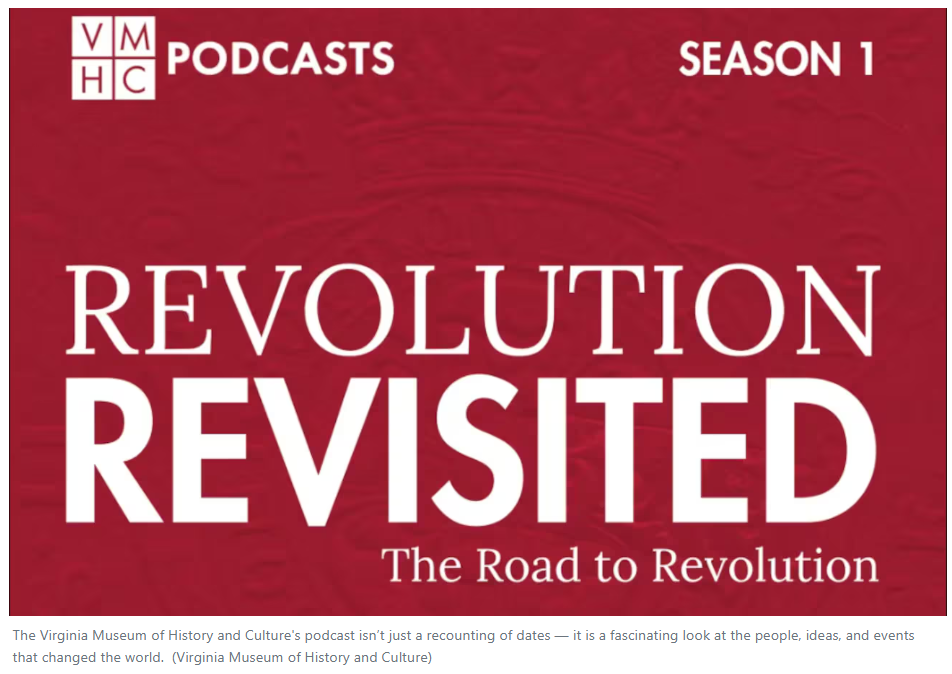LATROBE, Pennsylvania — The making of whiskey in Latrobe, Pennsylvania, has often been fraught with a fair amount of drama. Whether it was those trying to make it or those trying to drink it, the government has sought to tax and sometimes even ban both activities.
Two hundred thirty years ago, William Findley, a Revolutionary War hero, farmer and statesman, drew the wrath of Alexander Hamilton over the severe measures the Treasury Department placed on Pennsylvania farmers who opposed the newly enacted federal whiskey excise tax.
Findley, who lived in Latrobe, petitioned the new government to repeal the 1791 whiskey tax, hoping to avoid violence against those charged with collecting it from farmers.
By November 1794, things had escalated to the point that then-President George Washington mustered troops and marched them to Pennsylvania to put down the rebellion. Findley went to meet with the commander in chief in Cumberland County, Pennsylvania, to persuade him to disband the federal forces.
Eventually, Washington did, but not before imprisoning some of the farmers and letting them languish in carved-out jail cells without charges for weeks.
Over 120 years later, on Latrobe’s Main Street, where Findley once lived, 350 cases of confiscated whiskey were loaded on three trucks outside an eatery. The trucks were heavily guarded so the officers hauling the whiskey from Indiana, Pennsylvania, to Pittsburgh could grab a quick lunch. It was 11 months into Prohibition, and the contraband was being transported by Pennsylvania State Police to a “secure” warehouse in the city.
While the contraband sat guarded on Main Street, it attracted a crowd of onlookers eager to see the bootlegger’s bounty. The incident caused such a commotion that it made the front page of the local newspaper.
It was this very boisterous, historic and often dangerous aura that inspired four young western Pennsylvania couples to open their own distilleries and tap rooms in Latrobe.
The couples come from various backgrounds, including steelworkers, a military veteran, a finance expert and a former bartender. They are all outside-the-box visionaries whose love of history and drinking led them to the world of distilling whiskey.
Sarah and Noah Henson, Kris and Brook Brewer, and Ryan and Kelly Shoplik were all sitting at the bar of their new taproom, Rusty Musket Distilling, in downtown Latrobe.
Hanging on the wall to the left of the bar is the Whiskey Rebellion flag. Kris Brewer, a Marine veteran, said the musket half of the distillery’s name came from the roots of the Whiskey Rebellion in the area.
“And the rust comes from the three of us working in the steel industry,” he said, pointing to himself, Ryan Shoplik and Noah Henson.
Kris Brewer explained that the flag was designed to embody the determination of the early American farmers as they tried to navigate the governance of a new nation that was impeding their prosperity with an excise tax.
Hailing from Pennsylvania farmers, he explained that whiskey was a central commodity.
“Among farmers and fur traders and small businesses, whiskey was treated as cash, which, of course, made it perfect for the government to tax,” Kris Brewer said.
While the excise tax’s original intent was to hit the big producers, as with almost all things the government touches, it hit the little guys who depended on the whiskey bartering to support their families.
The Brewer and Henson families opened the Rusty Musket distillery and taproom in nearby Somerset County, Pennsylvania, two years ago. The Shopliks came along shortly after as investors. The new taproom is located not far from Findley’s home, where the truckloads of whiskey sat guarded during Prohibition.
The distillery currently offers moonshines and whiskeys and can produce over 100 bottles a week, Noah Henson said.
“One of our founding principles is to keep everything local and to work within the region to support growing with other local businesses,” he said.
The Rusty Musket taproom has weekly game and trivia nights, with a plan to do a “Drunk History” night in the spirit of the popular Comedy Central show that has attracted a cult following for its mixture of history, storytelling and indulging in spirits.
All three couples have shed their corporate jobs and city lives for the entrepreneurial risk that drives so many Americans to start small businesses in this country. According to the Small Business Association, there are over 33 million small businesses in this country that employ over 60 million Americans.
“We felt we wanted to be part of those risk-takers who employ most of the people in this country,” said Noah Henson.
The American whiskey industry is in the middle of a bit of a correction. Before Prohibition, there were approximately 3,000 operational whiskey distilleries in the country. Of those, only six in the entire nation were granted licenses to continue distillation “for medicinal purposes,” of which less than a dozen are still in existence.
The whiskey resurgence didn’t really start until the beginning of this century when the number went from 13 to 49. However, from 2000 to 2022, according to data compiled by the Whisky Aardvark, the whole industry has since surged, and today, there are roughly 1,015 new whiskey-producing distilleries in operation, including Rusty Musket Distilling.
“We wanted to be part of something that we built ourselves, something intertwined with history and using the resources around us to make it, as well as using some creativity,” explained Brook Brewer.
Kris Brewer added, “That is the true American spirit, isn’t it? To create something and build a community around it, and that is what we are doing here.”
Salena Zito is a CNN political analyst, and a staff reporter and columnist for the Washington Examiner. She reaches the Everyman and Everywoman through shoe-leather journalism, traveling from Main Street to the beltway and all places in between. To find out more about Salena and read her past columns, please visit the Creators Syndicate webpage at www.creators.com.




